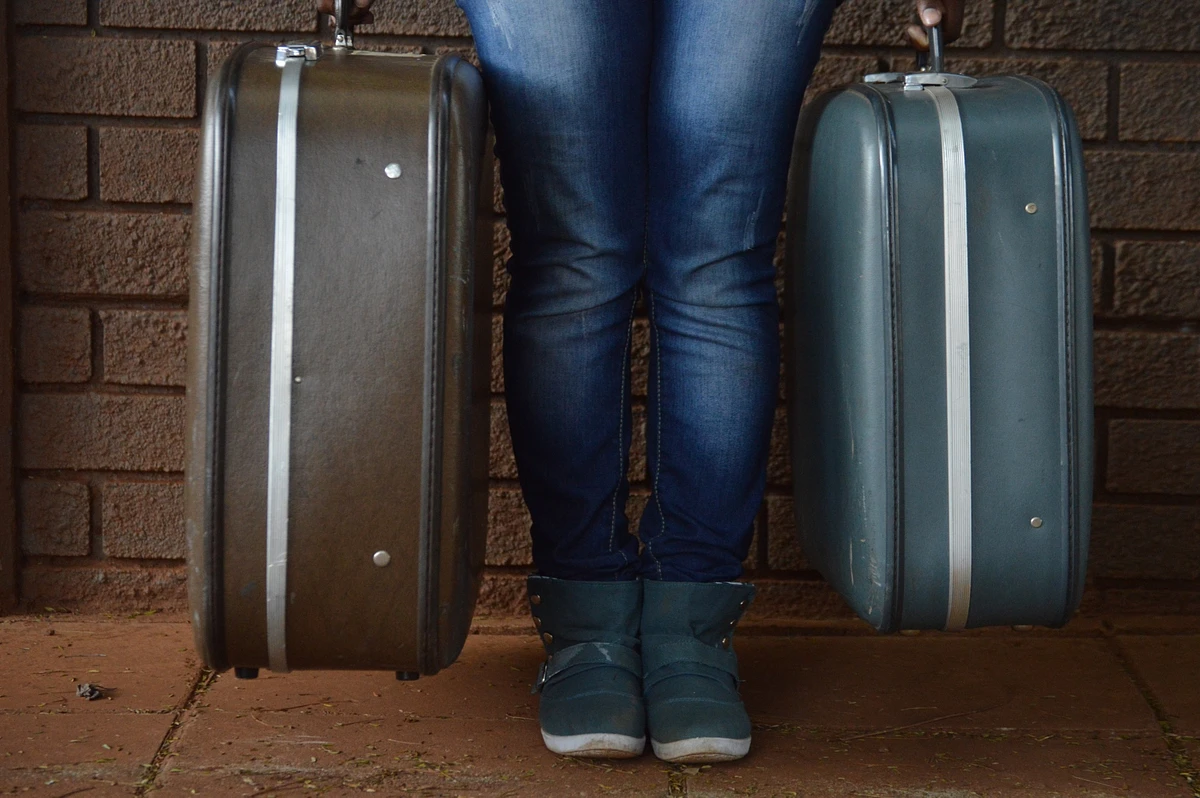by Andrea Malkin Brenner, CampusESP Community Contributor
Your college student has already made the transition to campus, and hopefully they feel on solid footing at their home away from home. However excited you are about welcoming your student home for winter break, it’s important to acknowledge that parenting an “adult” who has lived away from home can be challenging. Adjustment takes time, awkwardness is normal, and patience will be necessary. Fortunately, there are helpful tools you can use.
The Challenges of “Re-entry”
Although they are probably excited for winter break, your teen may not have thought about the challenges of coming home after months of independence. Distance may even have given them an idealized view of returning to the place of their childhood with memories of the scaffolding of family and closeness of friends. If your child feels disconnected from family or discovers that their high school friendships have changed, they might regress into their role as a dependent child. Parents should limit pampering new college students when they are home, especially if students have struggled with being independent in college. Ask yourself if too much caretaking will set your college student back in their growth, and find a balance between, “my baby is home!” with not babying your emerging adult.
Exhaustion is Real
60% of college students don’t get quality sleep, and school breaks are the perfect time for them to sleep in their own bed, recalibrate their sleeping routine, and recoup after the semester. Your student was probably very busy with final exams, papers, and other activities before returning home. They will likely bring home some of this end-of-semester stress. Alone time is especially important for students who have had a roommate in college. If your teen shares a bedroom with a sibling at home, consider setting up a separate temporary space so your student can enjoy some much-needed privacy. Most importantly, parents should avoid over-programming their student’s time at home, instead encouraging them to focus on their mental and physical health, and leaving time to relax and get reacquainted with the family routine.
Household Rules and Responsibilities
College students are used to independent decision-making: managing their own schedule, sleep habits, and food choices. New college students might rebel when they are suddenly told what to do, how long to sleep, and what to eat. But just as they adhere to behavior expectations in their residence halls, students need to respect the rules of home. It's a good idea to set expectations about sharing cars, doing chores, and keeping their space clean before their arrival to lessen potential conflicts. Parents should pick their battles over their emerging adult’s appearance, adherence to a curfew, and the messiness of their room. It’s also important to establish non-negotiable family obligations in advance. Students have been focused—appropriately—on their own needs in college but need to remember how their behavior impacts others.
The Overwhelming Questions
It’s natural for extended family and friends to be curious and want to ask students a barrage of questions about their college experience. However, questions such as, “how’s college?”, “how are your grades?,” and “what are your post-graduation plans?” can feel overwhelming, especially if your student is having a challenging experience connecting with school or peers. It’s important to consider how these questions will feel to your child. If your student might struggle with answering some of these questions, you can help your teen brainstorm ways to engage in conversations about challenging topics and respond to questions.
A Changed Person Under Your Roof
Most campuses are more demographically diverse than home communities in terms of race, religion, economic status, and even political leaning. Your student has had the opportunity to meet people and learn about ideas and behaviors they may never have known existed. Your student will also be leaving an academic environment where they have been asked to think critically about the thoughts of others and draw their own conclusions. Some new college parents report that their child’s new lens on the world comes off sounding critical of family dynamics and decisions. It’s important to remember that lots of new college students are fearful of being misunderstood or even alienated by their parents for their new choices and identities. You can be supportive of your emerging adult even as they explore and reinvent themselves.
Your time with your college student during their winter break will be limited and they will soon head back to campus. Ultimately, have patience with your student and yourself. This is the first of many visits home–don’t expect perfection. Remember, their excitement about returning to campus after the break is not a criticism of you–or home. Rather, it means that you are doing an excellent job supporting their development as an emerging adult.
Andrea Malkin Brenner, PhD is a college transition educator and author who speaks with high school students and parents on the challenges related to college transitions. Andrea is co-author of How to College: What to Know Before You Go (and When You’re There) and the creator of the Talking College™ Card Deck, and the Talking College™ Spanish Edition card deck (2023). See AMBrenner.com.



